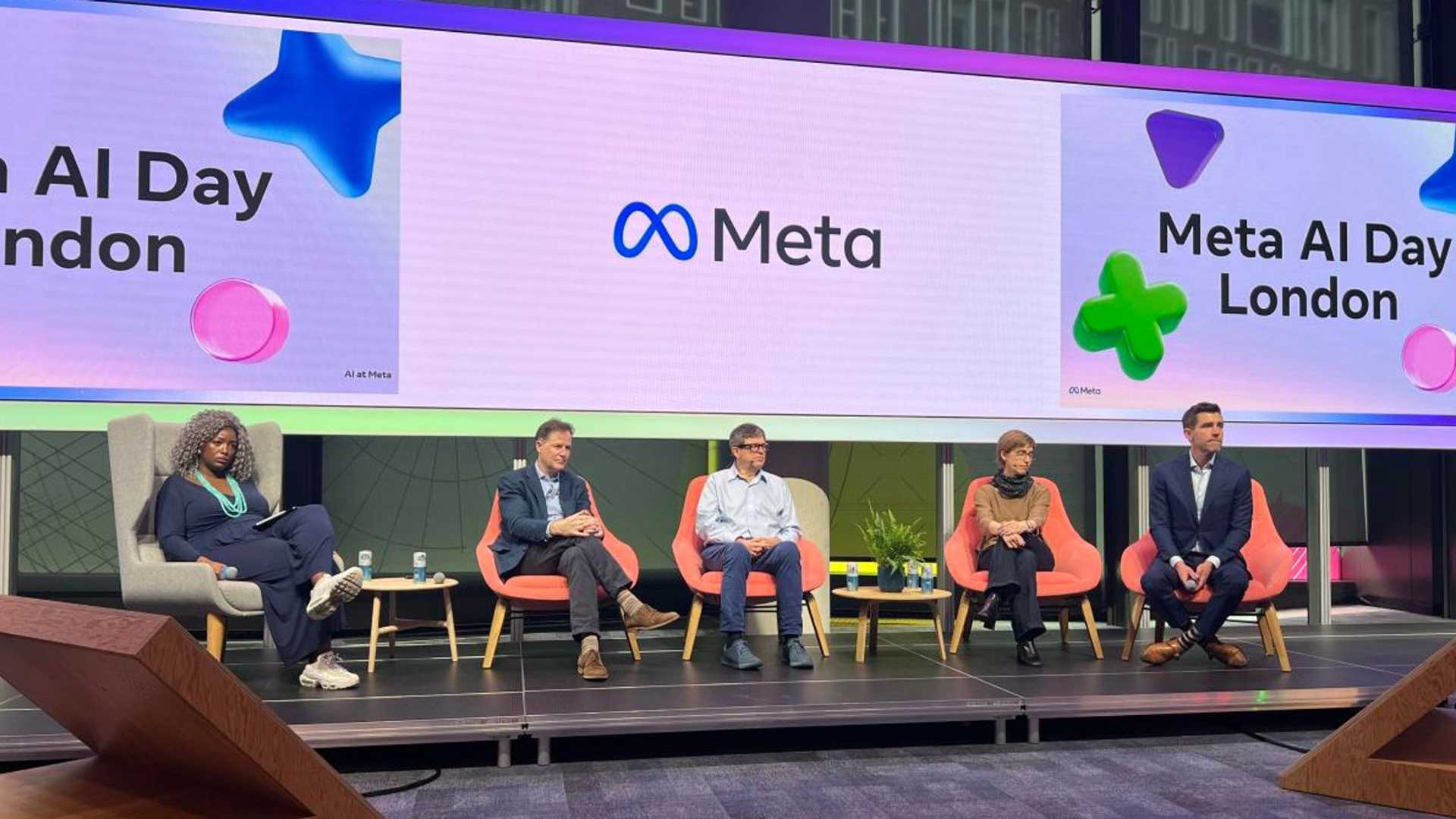Meta confirms that its Llama 3 open source LLM is coming in the ...
At an event in London, Meta has officially announced its plans for the upcoming release of Llama 3, the next iteration of its large language model designed to power generative AI assistants. This announcement aligns with a report from The Information, confirming Meta's progress towards launching Llama 3.

"Within the next month, actually less, hopefully in a very short period of time, we hope to start rolling out our new suite of next-generation foundation models, Llama 3," stated Nick Clegg, Meta's president of global affairs. The company intends to introduce various models with distinct capabilities and functionalities throughout the year, beginning very soon.
Meta's Strategic Approach
Meta aims to integrate Llama 3 across multiple products within its ecosystem. This strategic move is in response to the emergence of ChatGPT by OpenAI, which gained widespread popularity and reshaped the landscape of generative AI interactions.

Unlike its predecessors, Llama 3 is anticipated to offer enhanced features not only to provide accurate responses but also to address a broader spectrum of queries, including more contentious subjects. Meta aspires for Llama-powered AI to become the most beneficial assistant globally, as highlighted by Joelle Pineau, vice president of AI Research.
Philosophical Approach of Meta
Meta's decision to develop the Llama family as open-source products signifies a distinctive approach to advancing AI technology. By adopting this open philosophy, Meta aims to garner favor among developers as opposed to relying solely on proprietary models.

While Meta progresses with Llama 3, the company remains cautious, particularly concerning other forms of generative AI beyond text generation. For instance, Meta is withholding the release of Emu, its image generation tool, indicating a measured approach to innovation.
Future Prospects and Skepticism
Despite Meta's strides towards launching Llama 3, notable figures within the AI community, such as Yann LeCun, Meta's chief AI scientist, express skepticism towards the limitations of generative AI. LeCun advocates for the Joint Embedding Predicting Architecture (JEPA) as the future of AI, emphasizing a shift in training methods and result generation.
Looking ahead, Meta continues to innovate and adapt its AI technologies, striving to meet evolving user needs and industry standards.




















